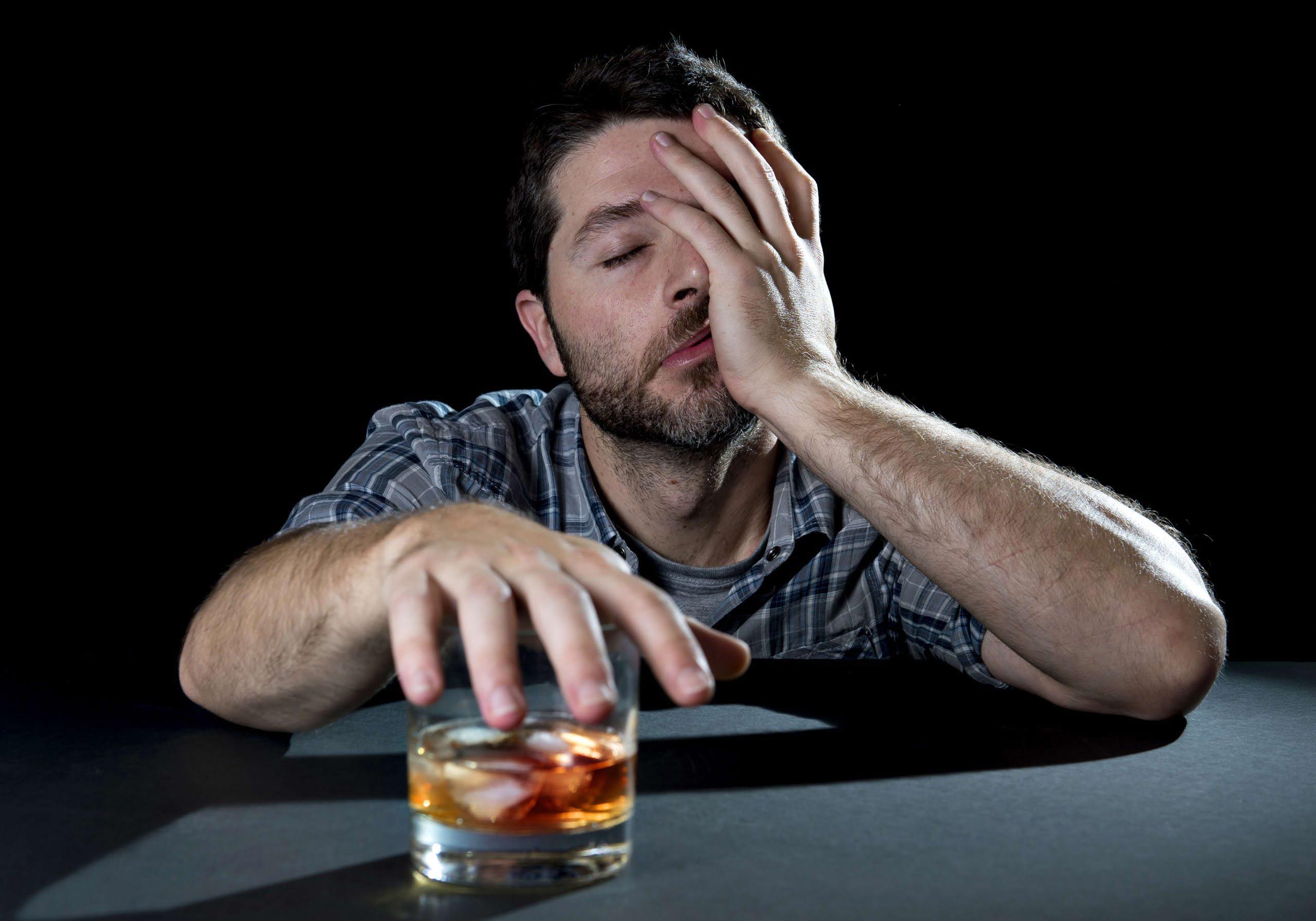We’re here to offset some of the inherent weight carried during the initial steps of that journey. Our mission is to bolster support and fellowship — and above all, help clients recognize that adventure, fun, and zest for life starts in recovery — not the other way around. Recognize that addiction is an illness, and mistakes made during that time don’t define your character or worth as a person.

They have the wonderful ability to sense when someone needs a little extra love, some playful puppy time, or just a companion to sit and hold space while they are processing something. You can always find me in nature during my self care time, usually hiking, roller skating by the beach, or surfing the waves. I lead a healthy & holistic way of living that I enjoy sharing with others.
Treatment Program
Interestingly enough, these alternative therapies were not always considered legitimate treatments for managing shame and guilt. In fact, they were often overlooked as unproven methods of treating emotional distress in the past. However now we know that they play a valuable role in creating emotional balance.
With nothing to do but think, the defendant contemplates the pain that their crimes have caused in others. The defendant will think about how much grief he caused the victim’s family, and the shame will become more intense. During trial, the defendant may acknowledge guilt for the crime committed. While the lawyers declare the evidence and witnesses state their testimony, the defendant’s guilt becomes more pronounced. It may give closure to the victim’s family, but guilt is entirely about the defendant. Lionel, a Licensed Independent Substance Abuse Counselor (LISAC) with over 4 years at Cornerstone.
Where does the Shame Come From?
According to studies in neuroscience, our propensity to think and act in a specific way increases the more we do so. When we alter our brains, it enhances the chance of thinking in new ways and doing other activities that are more healthful than using substances. Write down all the ways your action or inaction harmed this person. Dwelling on your mistakes does no one any good, including the person you harmed.
By acknowledging that everyone makes mistakes and experiences setbacks, individuals can release the burden of self-judgment and foster a deeper sense of self-acceptance. The cycle of shame, guilt, and relapse can be self-reinforcing, making it incredibly challenging to break free from the grip of addiction. The impact of shame and guilt on recovery is profound and multifaceted. https://ecosoberhouse.com/article/how-long-does-fentanyl-stay-in-your-system/ Yes, practicing self-compassion, mindfulness, and reframing negative thoughts can be helpful, but professional guidance is often essential. It’s not just about what you’ve done; it’s a pervasive feeling of being fundamentally wrong or damaged. Shame, on the other hand, doesn’t go away because it’s not related to a specific event or behavior that you can apologize for.
Why Overcoming Guilt and Shame is Necessary in Addiction Treatment?
To the addicted person, meeting that need is more important than eating,
sleeping or any other basic need. When you allow shame to have power over you, you are trying to punish yourself for your past. It’s about looking at yourself honestly and with compassion so that you can have the courage to rebuild your life.
All of these strategies have been thoroughly researched and have proven to be successful in helping individuals cope with shame and guilt during addiction recovery. So, let’s get started on how to implement these practices in your recovery journey. Shame and guilt can be powerful emotions that can lead to negative self-talk and self-deprecation, and self-compassion is a way to treat oneself with kindness and understanding. This practice involves acknowledging mistakes and perceived failures instead of denying or hiding them. Through self-compassion, individuals can begin to let go of their shame and guilt and move towards self-forgiveness and healing. When we admit our wrongdoings and take the steps to change ourselves for the better, we can let go of negative self-perceptions.
Furthermore, peer support groups or recovery communities allow you to share your experiences and learn from others. Connecting with others who understand can alleviate feelings guilt and shame in recovery of isolation and provide invaluable support. Sharing your feelings with a trusted friend, therapist or support group can alleviate the weight of shame and guilt.

We don’t think about whether we still believe in our values as
adults. By seeing why you keep these
values and what they really mean to you, you can renew your belief in them. Or
you may discover some values no longer hold true for you and you can discard
them. Either way, you will learn something important about yourself that will
help you keep and maintain a value system. Guilt and shame becomes a vicious cycle that goes something
like this. Active addiction pushes us to do things we wouldn’t normally
do just to survive.
